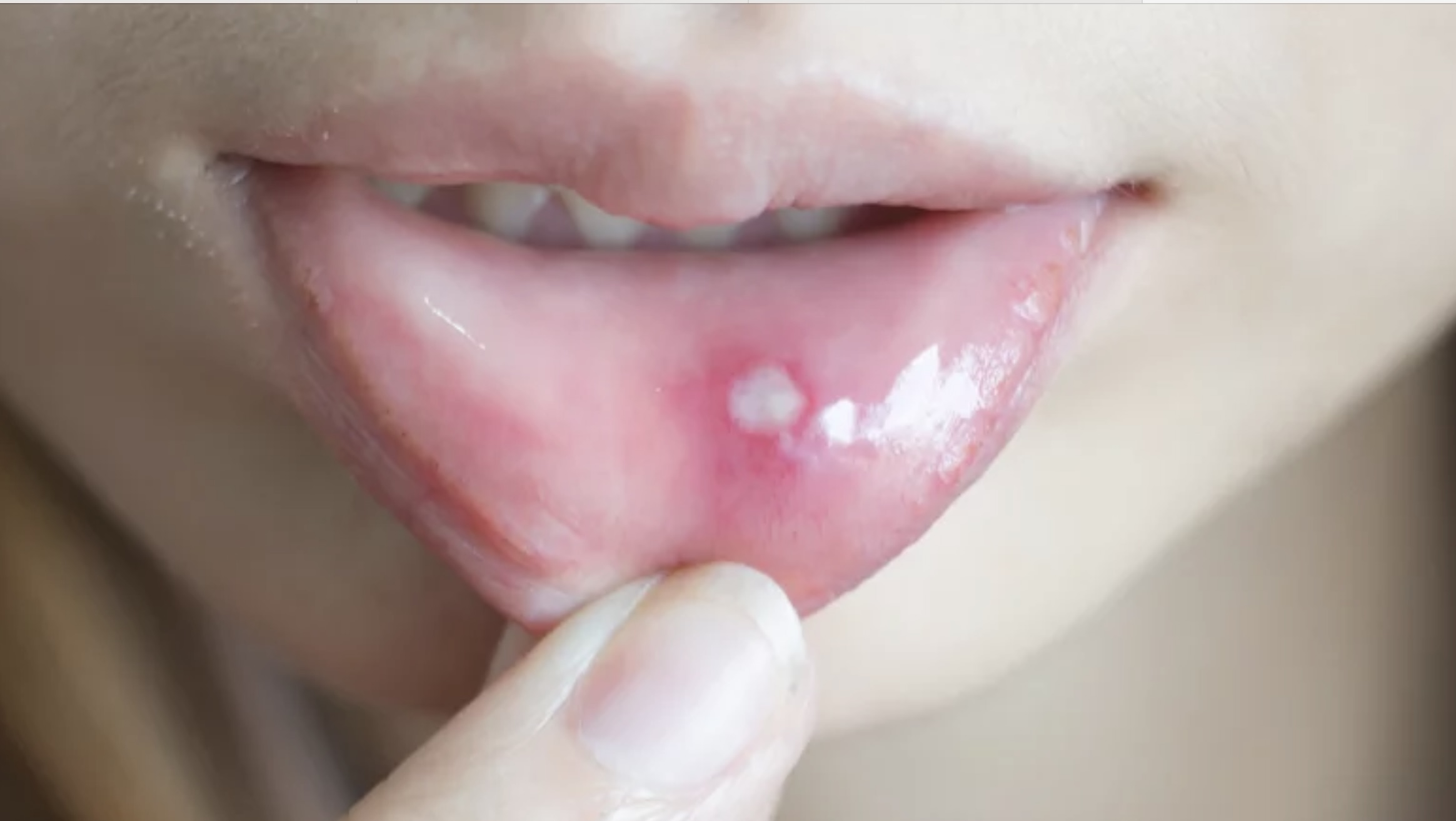Canker Sore: Symptoms, Causes, Treatment
What are the symptoms of a cancer sore?
Canker sores, also known as aphthous ulcers, are small, painful ulcers that can develop on the soft tissues inside the mouth, including the inner cheeks, gums, tongue, and throat. The symptoms of a canker sore can vary but may include:
- Pain or Discomfort: Canker sores are often painful, especially when eating, drinking, or brushing teeth.
- Round or Oval Shape: Canker sores are usually round or oval in shape with a white or yellow center and a red border.
- Small Size: Canker sores are typically small, ranging from a few millimeters to about a centimeter in size.
- Burning or Tingling Sensation: Some people may experience a burning or tingling sensation in the area before the sore appears.
- Difficulty Eating or Speaking: Severe canker sores can make eating, drinking, and speaking uncomfortable.
- Swelling or Inflammation: The area around the canker sore may appear swollen or inflamed.
Canker sores are not contagious and are different from cold sores, which are caused by the herpes simplex virus and typically occur on the lips or around the mouth. Canker sores usually heal on their own within a week or two, but over-the-counter medications and home remedies can help reduce pain and promote healing. If you have frequent or severe canker sores, it’s a good idea to see a dentist or doctor for further evaluation and treatment.
What are the causes of a cancer sore?
Canker sores, or aphthous ulcers, are small, painful ulcers that can develop on the soft tissues inside the mouth. The exact cause of canker sores is not known, but they are believed to be related to a combination of factors, including:
- Minor Trauma: Minor injury to the inside of the mouth, such as from biting the cheek or tongue, aggressive tooth brushing, or dental work, can trigger the development of canker sores.
- Stress or Hormonal Changes: Emotional stress, hormonal changes (such as those that occur during menstruation), and fatigue may contribute to the development of canker sores in some people.
- Certain Foods: Some acidic or spicy foods, as well as food sensitivities or allergies, may trigger the development of canker sores in susceptible individuals.
- Nutritional Deficiencies: Deficiencies in certain nutrients, such as vitamin B12, iron, folic acid, or zinc, may be associated with an increased risk of developing canker sores.
- Immune System Dysfunction: Dysfunction of the immune system may play a role in the development of canker sores, although the exact mechanism is not well understood.
- Genetics: Some studies suggest that genetics may play a role in susceptibility to canker sores, as they tend to run in families.
- Certain Medical Conditions: Underlying medical conditions, such as inflammatory bowel disease (Crohn’s disease or ulcerative colitis), celiac disease, or HIV/AIDS, may be associated with an increased risk of developing canker sores.
It’s important to note that canker sores are not contagious and are different from cold sores, which are caused by the herpes simplex virus. Canker sores usually heal on their own within a week or two, but over-the-counter medications and home remedies can help reduce pain and promote healing. If you have frequent or severe canker sores, it’s a good idea to see a dentist or doctor for further evaluation and treatment.
What is the treatment for a canker sore?
Canker sores, or aphthous ulcers, usually heal on their own within one to two weeks without the need for treatment. However, there are several things you can do to help alleviate pain and promote healing:
- Over-the-counter Medications: Pain-relieving gels, creams, or patches containing benzocaine or other numbing agents can help reduce pain and discomfort.
- Mouth Rinses: Over-the-counter mouth rinses containing ingredients such as hydrogen peroxide, saltwater, or baking soda can help reduce inflammation and promote healing.
- Topical Treatments: Prescription-strength topical medications, such as corticosteroids or oral bandages, may be recommended by a healthcare provider for severe or persistent canker sores.
- Avoid Irritants: Avoiding acidic, spicy, or rough-textured foods that can irritate the sore can help reduce pain and promote healing.
- Good Oral Hygiene: Brushing gently with a soft-bristled toothbrush and flossing regularly can help prevent infection and promote healing.
- Avoid Triggers: If you know certain foods or activities trigger canker sores, try to avoid them to reduce the frequency of outbreaks.
- Stress Management: Managing stress through relaxation techniques, exercise, or counseling may help reduce the frequency of canker sores in some people.
If you have frequent or severe canker sores, or if they do not improve with home treatment, it’s a good idea to see a dentist or doctor for further evaluation. In some cases, canker sores may be a symptom of an underlying medical condition that requires treatment.




